Lenovo 20217 Laptop Charger Frayed Easy Fix

Your Lenovo laptop says "plugged in, not charging"? Don't worry. You're not alone. And t his is not a difficult issue to fix and many people have resolved the Lenovo plugged in not charging issue with the solutions below.
Why is my Lenovo laptop is plugged in but not charging? Usually your battery faulty will result in the problem. And if your battery driver is missing or outdated, you won't be able to charge your laptop. Either case, we will help you fix your Lenovo laptop plugged in not charging issue.
How to fix Lenovo plugged in not charging
Here are the solutions to try. You shouldn't have to try them all; just try each one in turn until your battery is working again.
- Troubleshoot hardware issue
- Power reset your laptop
- Update your battery driver
- Update your BIOS
- Switch to a Chromebook
Note: the screenshots below come from Windows 10, and the fixes also work on Windows 8 and Windows 7
Fix 1: Troubleshoot hardware issue
When you've found that your laptop battery is plugged in but not charging, one of the first troubleshooting steps is to check your hardware faulty and make sure the hardware components work properly.
- Make sure that you power cable is not damaged. If the cable is not working, you won't be able to charge.
- A bad AC adapter may cause your battery charging issue even if you've plugged in your battery. So you can try another AC adapter and see if it makes changes.
Fix 2: Power reset your laptop
If your Lenovo is plugged in but not charging, you can also try power resetting your laptop, and this method works for many people who have the same issue. Here's what you need to do:
- Shut down your laptop.
- Unplug your charger (power cable).

- Remove the battery from your laptop.
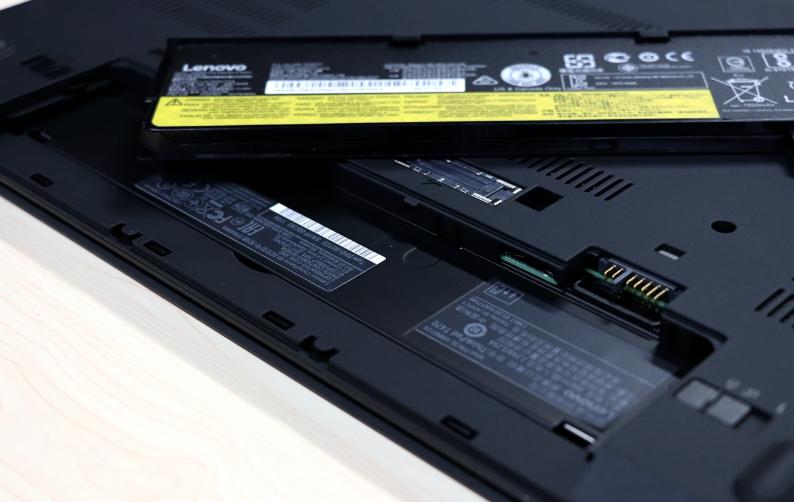
- Press and hold the power button for 30 seconds, then release it.
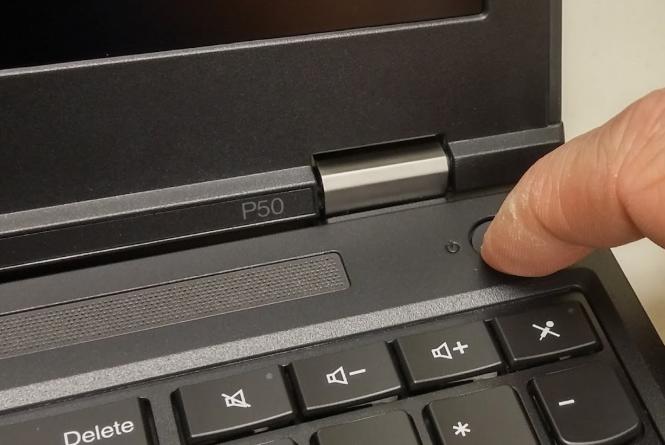
- Put your battery back in and plug your charger into your laptop.
- Turn on your computer, and it should start charging now.
If this solution doesn't work for you, don't worry. We have other methods for you to try….
Fix 3: Update your battery driver
A missing or outdated battery driver in your Lenovo can also cause the "plugged in not charging" issue. So you should make sure that your battery driver is up to date, and update it if it's not.
You can go to the manufacturer's website, and download and install the latest version of your battery driver. If you don't have time or patience, you can do it automatically with Driver Easy.
Driver Easy will automatically recognize your system and find the correct drivers for it. You don't need to know exactly what system your computer is running, you don't need to risk downloading and installing the wrong driver, and you don't need to worry about making a mistake when installing.
You can update your drivers automatically with either the FREE or the Pro version of Driver Easy. But with the Pro version it takes just 2 clicks (and you get full support and a 30-day money back guarantee):
- Download and install Driver Easy.
- Run Driver Easy and click the Scan Now button. Driver Easy will then scan your computer and detect any problem drivers.
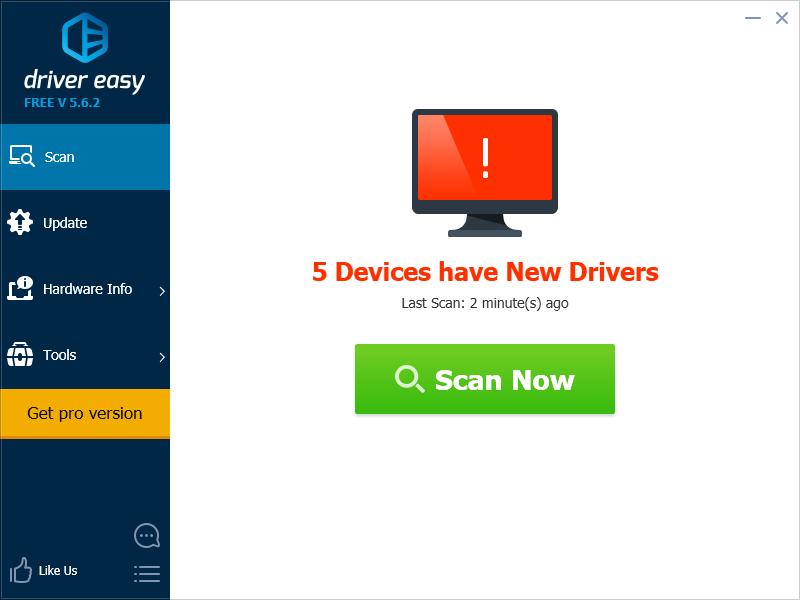
- Click the Update button next to the flagged battery device to automatically download the correct version of their driver (you can do this with the FREE version), then install it in your computer.
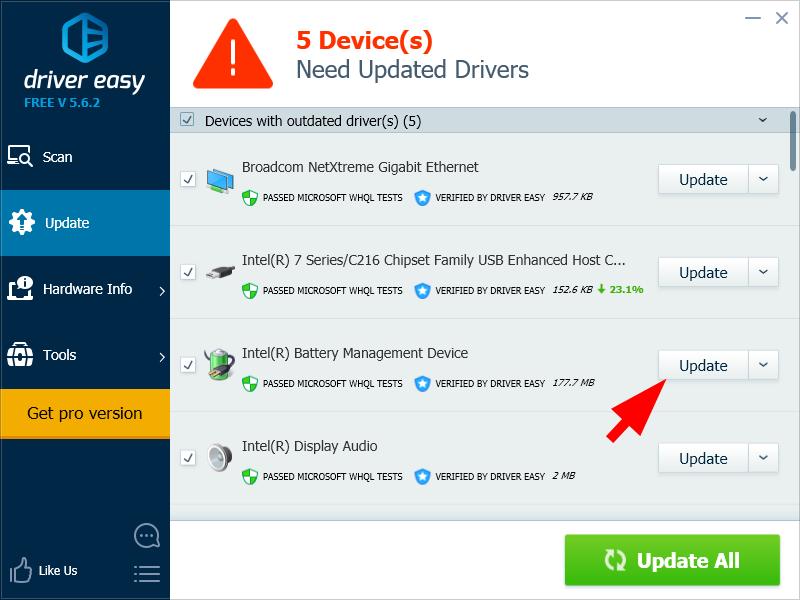
Or click Update All to automatically download and install the correct version of all the drivers that are missing or out of date on your system (this requires the Pro version – you'll be prompted to upgrade when you click Update All ).
- Restart your computer to take effect.
The Pro version of Driver Easy comes with full technical support.
If you need assistance, please contactDriver Easy's support team atsupport@drivereasy.com.
Now plug in your Lenovo charger again to see if it works.
Still no luck? Okay, there's one more thing to try…
Fix 4: Update your BIOS
BIOS stands for Basic Input Output System. It's a software that is stored on a small memory chip in the Motherboard of your computer. BIOS is used to identify and troubleshoot the hardware issue in your computer or laptop.
If there's something wrong with your BIOS firmware settings, you may have the "plugged in not charging" issue. So you can try updating your Lenovo BIOS to fix the issue.
IMPORTANT: Be extra careful about updating BIOS. If you make a mistake or an error occurs, your laptop may become unusable and you may lose your data. So always back up your data on your laptop before updating your laptop BIOS.
To update your BIOS, go to Lenovo Support page, and let it detect your computer. Go to your product page, then navigate to Driver & Software > BIOS, then follow the on-screen wizard to update BIOS for your Lenovo laptop.
After updated, try plugging in your battery charger again, and see if it fixes your problem.

If your issue of plugged in not charging issue still persists, you may need to contact the Lenovo Support to have it repaired or replaced.
Fix 5: Switch to a Chromebook
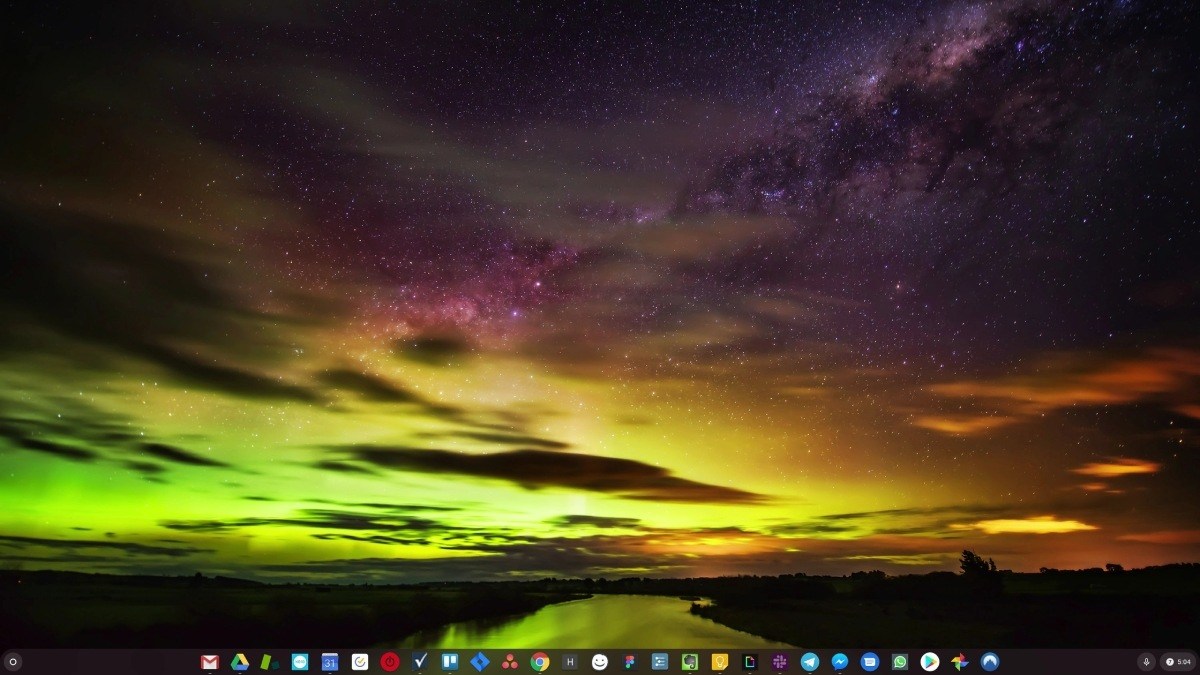
Windows is a very old technology. Sure, Windows 10 is relatively new, but it's still just the latest iteration of a decades-old operating system, designed for a bygone era (pre-internet).
Now that we have the internet, fast connection speeds, free cloud storage, and endless web apps (like Gmail, Google Docs, Slack, Facebook, Dropbox and Spotify), the entire Windows way of doing things – with locally installed programs and local file storage – is totally outdated.
Why is that a problem? Because when you're constantly installing uncontrolled third-party programs, you're constantly opening the door to viruses and other malware. (And Windows' insecure permission system compounds this problem.)
Plus the way Windows manages installed software and hardware has always been a problem. If your computer shuts down unexpectedly, or a program installs, uninstalls or updates incorrectly, you can get 'registry' corruptions. That's why Windows PCs always slow down and become unstable over time.
Also because everything's installed and saved locally, it doesn't take long before you run out of disk space, and your disk gets fragmented, which makes everything even slower and more unstable.
For most people, the simplest way to solve Windows problems is to ditch Windows altogether, and switch to a faster, more reliable, more secure, easier to use and cheaper operating system…
Google ChromeOS.
ChromeOS feels much like Windows, but instead of installing heaps of programs to email, chat, browse the internet, write documents, do school presentations, create spreadsheets, and whatever else you normally do on a computer, you use web apps. You don't need to install anything at all.
That means you don't have virus and malware problems, and your computer doesn't slow down over time, or become unstable.
And that's just the start of the benefits…
To learn more about the benefits of ChromeOS, and to see comparison videos and demos, visit GoChromeOS.com.
That's it. Hope this post comes in handy and fixes your Lenovo plugged in not charging issue. You're welcome to leave a comment and let us know which solution helps you out. If you have any questions, feel free to add a comment and we'll see what more we can do.
Source: https://www.drivereasy.com/knowledge/solved-plugged-in-not-charging-in-lenovo-laptop/